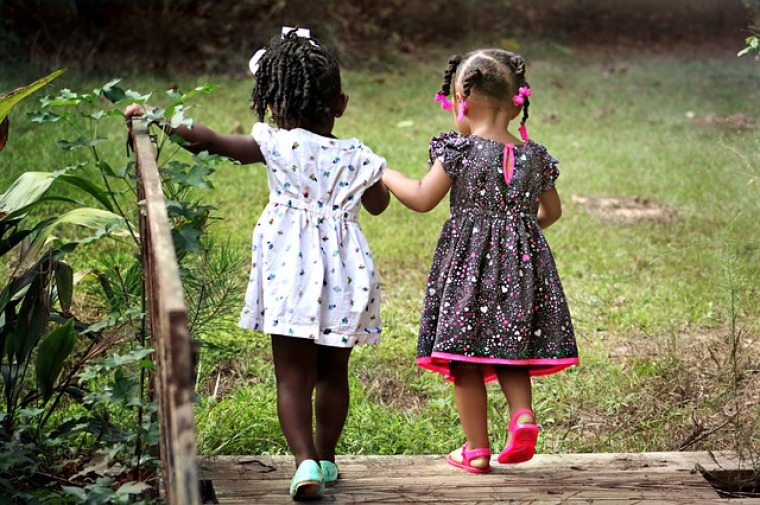

Developmental neuroscientists of the University of Chicago have found particular brain marker that foresee generosity among children. The neural markers seem to be linked on moral and social evaluation processes.
There are many kinds of prosocial behavior. Young children are naturally helpers though their perception on sharing resources have a habit of being selfish. Jean Decety, Psychology and Psychiatry Professor at Irving B. Harris, and Jason Cowell, Decety's Child NeuroSuite lab's postdoctoral scholar would like to find out how the brains of young children evaluate if they will share something to others based on their generosity. In their study, moral behavior was substituted by generosity.
Jean Decety said "We know that generosity in children increases as they get older." He also said that the mechanism that direct the increase of generosity have not yet tested by neuroscientists. "The results of this study demonstrate that children exhibit both distinct early automatic and later more controlled patterns of neural responses when viewing scenarios showing helping and harmful behaviors. It's that later more controlled neural response that is predictive of generosity."
Brain waves of 57 children with ages 3 to 5 are included in the study. They played the modified version of dictator game. Each of them were given 10 stickers and told them to keep it. Then they were asked to share their sticker to anonymous child.
Study shows the process of brain of young children into moral situation being presented in the different scenarios and its direct link to "actual prosocial behavior in the act of generosity" by sharing stickers.
"This is the first neuro-developmental study of moral sensitivity that directly links implicit moral evaluations and actual moral behavior, and identifies the specific neuro markers of each," Decety stated. "These findings provide an interesting idea that by encouraging children to reflect upon the moral behavior of others, we may be able to foster sharing and generosity in them," Decety added.
Currently, Decety and Cowell conducted the same study with younger children aging 12 to 24 months to see when generosity's neural markers will emerged.